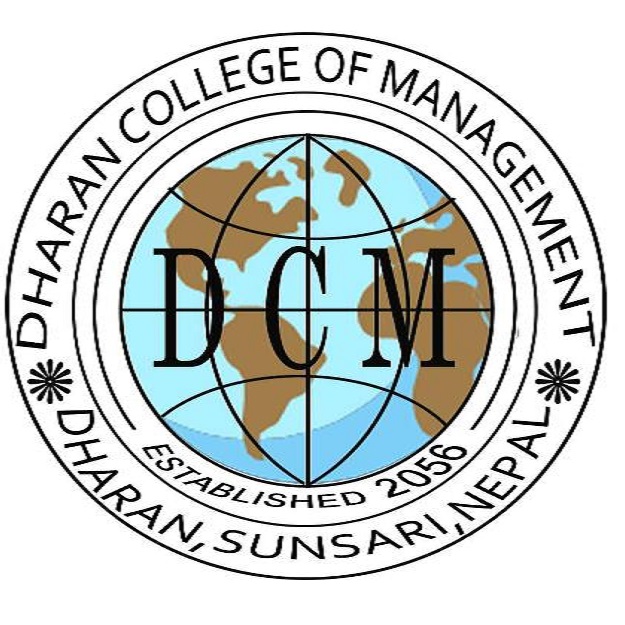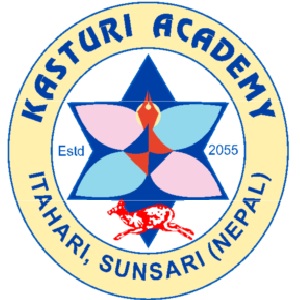Overview
BBA at Green Peace Lincoln College, Itahari (Lincoln University College Affiliation)
If you’re a Management or Commerce student wondering how a four-year BBA translates to real work in Nepal and abroad, this guide lays out what Green Peace Lincoln College (GPLC) in Itahari offers—structure, subjects, assessment, and where it leads.
Overview
Students ask two things first: “What will I study?” and “Will this degree be recognized?” GPLC states that its BBA follows LUC’s framework over eight semesters (four years).
The course page lists duration, semester count, a daily schedule, and a semester-by-semester syllabus outline. Recognition of the awarding university sits with Malaysia’s quality system; LUC appears in the Malaysian Qualifications Agency (MQA) database for approved private higher education institutions. Always verify any country-specific recognition you need for jobs or postgraduate study.
Highlights
You want a quick snapshot before you dive in:
-
Affiliation: Lincoln University College (Malaysia); delivery at GPLC, Itahari.
-
Duration and structure: 4 years, 8 semesters.
-
Learning mode: Coursework, presentations, assignments, quizzes, and semester exams under the university framework.
-
Syllabus visibility: Detailed module listing is published on the college BBA page (with download).
-
University quality context: LUC is listed in MQA records in Malaysia. Students seeking evaluation outside Malaysia should check the receiving body’s policy.
Curriculum Details
Here’s what you’ll study over four years, in plain terms.
Year 1: Business foundations
You build the base: Business English, Principles of Management, Micro and Macro-economics, Introductory Accounting, Computer fundamentals, Internet applications, and Marketing and HR basics. The aim is simple—gain literacy across the core functions before you specialize.
Year 2: Tools and legal context
You work with numbers and operations while adding the business rulebook. Quantitative Methods, Business Communication, Product & Operations Management, Business Law, Company Law, Financial Accounting, Project Management, and Psychology are listed. These subjects support later work in finance, operations, and research.
Year 3: Strategy and behavior
You move into applied areas: International Business, Marketing Management, Business Ethics, Sociology, Management Information Systems, E-Commerce, Organizational Behavior, Consumer Behavior, Strategic Management, and an innovation-focused module. Team projects and case work become more frequent here.
Year 4: Research and practice
You focus on sector depth and research output: Retail and Event Management, Business Research Methods, Business Finance, Marketing Research, Multinational Enterprise, Logistics & Supply Chain, Banking & Insurance, Taxation & Auditing, Financial Management, and a thesis tied to internship.
Objectives
Students often say, “I want clarity about what this BBA sets me up to do.” The intended outcomes from the syllabus and assessment model include:
-
Build a working understanding of finance, marketing, HR, operations, and strategy.
-
Develop problem-solving through projects, presentations, and case work.
-
Learn to read financial statements, draft plans, and support decisions with data introduced in quantitative and research courses.
-
Produce a capstone through a thesis or internship project that shows applied learning.
Scope
Not sure where this degree can lead you? BBA graduates typically move into roles across banking, finance, sales, marketing, operations, and general administration.
GPLC shares that internships and industry sessions run during the degree; placements depend on performance, timing, and host availability.
Students planning study or work outside Nepal should contact the receiving university or evaluator for written recognition policies.
Learning Outcomes
By the end of the program, students are expected to:
-
Write and present business reports with clear structure and evidence.
-
Apply accounting, economics, and quantitative ideas to basic business decisions.
-
Work in teams and deliver semester projects to deadlines.
-
Understand Nepal’s business law basics and how policy affects enterprises.
-
Plan and evaluate marketing or operations tasks using the tools covered in class.
Skill Development Modules
Here’s how the syllabus builds your skill set over time:
-
Communication and writing: Business English I & II; Business Communication.
-
Numeracy and analysis: Quantitative Methods; Financial/Managerial Accounting; Research Methods.
-
Digital literacy: Internet Fundamentals & Applications; MIS; E-Commerce.
-
Management practice: Principles of Management; Organizational Behavior; Strategic Management.
-
Sector orientation: Retail, Event Management, Banking & Insurance, Logistics & Supply Chain.
-
Research output: Internship-linked thesis in the final semester.
Teaching Methodology
Students learn best when methods are varied. GPLC lists coursework and assignments, audio-visual sessions, quizzes, presentations and talks, peer discussion, guest lectures, workshops, field visits, seminars, article reviews, training modules, report writing, case studies, research, and project-based work. Internal evaluation weighs into the final grade alongside university exams.
Admission Requirements
Worried about the entrance steps? The college page lists the basic threshold for undergraduate entry as completion of Grade 12 (or equivalent). The BBA course page shows “Requirement: +2” and outlines the four-year, eight-semester structure.
For non-Nepali boards, plan for an equivalence process through the relevant authority in Nepal. Always check the current intake notice for forms, dates, and any minimum marks.
Career Opportunities
Graduates move into roles such as banking associate, finance assistant, marketing executive, sales coordinator, operations assistant, HR officer, and business analyst. Several modules—Accounting, Quantitative Methods, Research, and MIS—support entry-level responsibilities in these areas. As you gain experience, paths open toward specialist or supervisory roles.
Scholarships and Financial Aid
Many students ask about fee relief. GPLC’s public pages indicate institutional scholarships and support based on internal rules and notices. Categories, amounts, and timelines change by intake, so request the current scholarship circular and keep written copies of any approvals for future audit or verification.
Why Choose This Course?
Students who want a structured route into business roles find this syllabus practical. The program spans core functions, builds presentation and report writing skills, and closes with a thesis tied to internship.
The affiliation connects delivery in Itahari with assessment standards from LUC. Learners planning mobility—transfer or postgraduate applications—should secure written recognition from the destination institution before making commitments.
Conclusion
BBA at Green Peace Lincoln College offers a clear four-year path through business foundations, applied modules, and a final research-internship component. The course runs under Lincoln University College’s framework and is delivered on GPLC’s campus in Itahari.
Your best next steps are practical: collect the latest intake notice, verify admission and fee details, review the published syllabus, and ask about current internship arrangements and scholarship rules. A campus visit and a conversation with program leads will help you map the course to your goals.





















